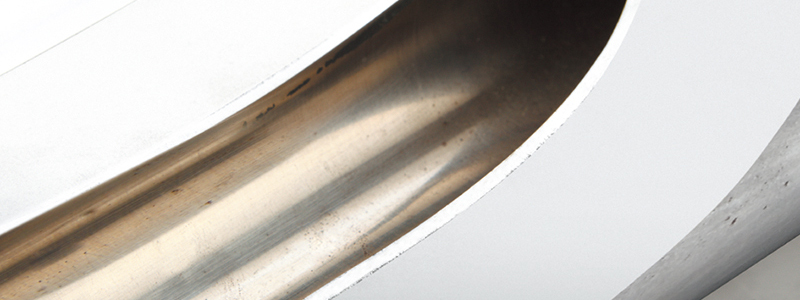
In nowadays, plastic industry become more diversified, new polymers are like bamboo shoots, and more polymers with enhanced addtives like glass fibre, and highest upto 60-70% percentage, which lead to higher requirement for both machine and screw barrel assembly upgrade. And we can see more bimetallic barrels are choosed instead of simple nitrided, we would like to discuss on that and will it benefit our plastic processing or not.
First of all, what's Bimetallic Barrel anyway?
Literally, you can consider it as metals combined together, and you are absolutely right, Barrel as an important part of plastisizing unit, it generate high shear force while working with screw and hold the material from leaking back, the preciseness of barrel sizes are most important to prevent against abrasion or corrosion during processing, in the beginning of screw barrel business, nitrided barrel are used a lot due to its economic price and acceptable performance, but with mordern injection, it shows its disadvantage and thats why bimetallic barrels been used more.
The bimetallic barrels are made of 2 parts, the outside body part + the inside casting part (normally processed by centrifugal casting equipment)
Which offers much better protection of inside layer (the contacting face) from wearing and corrosion.
Advantages of bimetallic barrels and how it compares with nitrided barrels?
Bimetallic barrels provide more than 3 times protection against abrasion & corrsion compare to nitrided barrel, the nitrided barrels are surface hardened about 0.5mm depth while if lower than 0.3mm deep, hardness will become much lower, but bimetallic barrels normally thickness can reach at least 2-3mm depends on size and alloy, and whole bimetallic layer same hardness above 56HRC
More smooth material flowing because of bimetallic surface obtains better roughness
Are Bimetallic all same and how many options we can offer
Bimetallic is more a processing way, not an exact grade, depends on alloy used, it can varies a lot, normal used have like iron-based, nickel-based & cobalt-based alloy and also with different percentage of tungsten carbide (WC). Each alloy is applicable for different polymer processing to prevent corrosion & abrasion, we have in offer many grade per your exact requirement